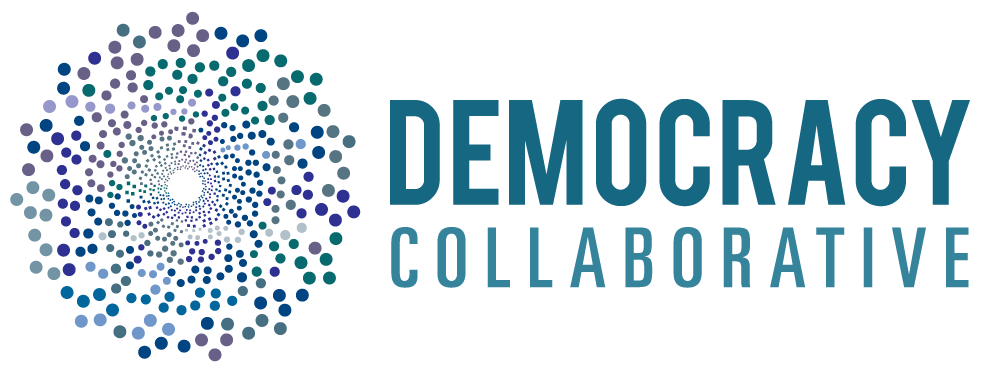Public Pharmaceuticals: A State-Based Solution to Sky-High Drug Costs
Prescription drugs in the United States cost way too much, nearly double, in fact, what they cost in other wealthy nations. The pharmaceutical companies that make them, and that rake in the profits from their sale, argue that we must pay those prices in order to support the world class research required to develop the drugs. That assertion is simply not borne out by the data. All the while, the industry's rate of innovation has decreased significantly in recent decades, drug companies have upped their reliance on marketing off-label, even dangerous, uses of their drugs, and they've allowed some essential medicines to fall into short supply. Meanwhile, supply chains are fragile, U.S. factories are closing, manufacturing jobs continue to be offshored, and Big Pharma is dictating the prices at which life-saving medications are available.
The hard truth is that Big Pharma sets its prices to maximize profit, not to earn back their development costs. As a result, the significant public and private investments made to support development of drugs translate into profits that go almost entirely to private investors and industry executives. Barriers to entry in the pharmaceutical market are enormous and mergers and acquisitions have rarely been challenged, rendering the market anything but competitive.
The newly published Public Pharmaceuticals: State Policy Kit, a collaboration of The Democracy Collaborative, the Democracy Policy Network, and T1International, offers solutions. Championing “Public Pharma,” it offers practical ways that state leaders can establish state-run enterprises to manufacture generic medications, as well as public mechanisms for distribution of drugs – all with an eye toward making life-saving, life-extending, and life-enhancing drugs genuinely affordable, contributing to local economies and shoring up critical supply chains while reducing regulatory capture.
Co-author Dana Brown, The Democracy Collaborative’s director of health and economy, sums up the problem and the proposed solution: “Big Pharma’s business model is harmful to our health, economy, and democracy. Public Pharma can be a game-changer by shifting the balance of power back to all of us—the public. This toolkit provides state legislators and advocates all the information they need to join the movement to provide essential medicines publicly. ”
Why a state-based instead of federal solution? As Pete Davis, Director of the Democracy Policy Network (DPN) observes, "As Congress stalls, state governments need to lead the way in tackling public problems. It has been amazing to see how a bipartisan group of state leaders, from California and Washington to Michigan and Maine, have raised up Public Pharma as a promising intervention in the health care system — and we hope this state policy kit can help more state leaders across the country join them."
You can read the introduction by Brown and DPN co-author Tom Latkowski, and download the full toolkit here.

